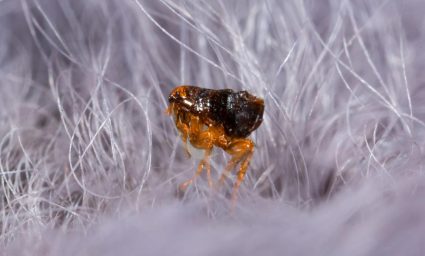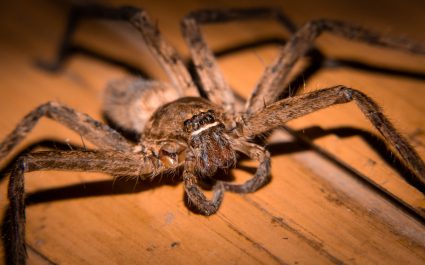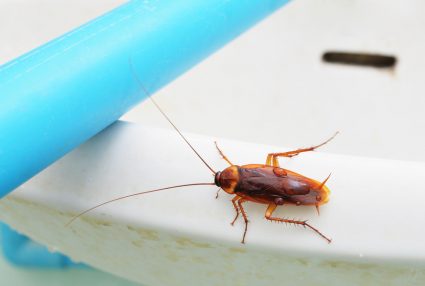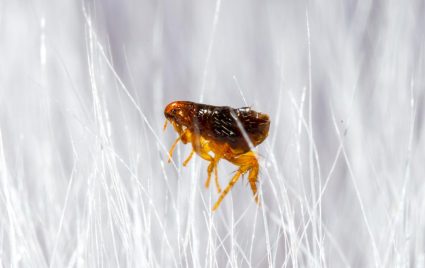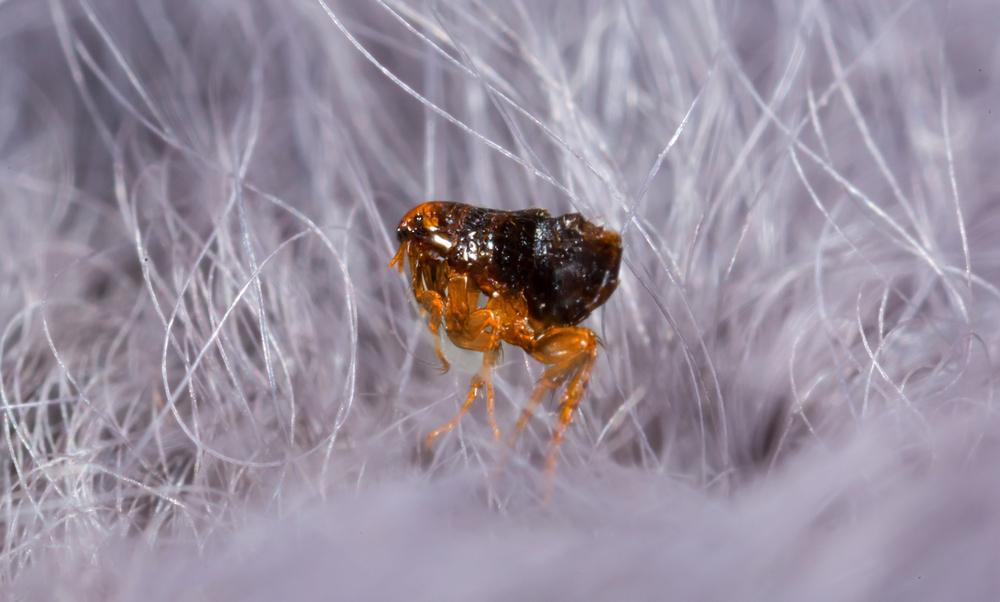
Termidor, a widely used professional pest control treatment, is primarily known for its effectiveness in eliminating termites. However, many homeowners often wonder if it can also be used to kill fleas. This comprehensive guide will explore the role of Termidor in flea control, how it works, and the pros and cons of using it for this purpose.
While Termidor, a popular pest control solution, can kill fleas that come into contact with it, it is not recommended for flea control. This is because it cannot be applied to all the areas needed to treat fleas effectively. Therefore, for flea control, it’s better to use products specifically designed for this purpose.
What is Termidor?
Termidor is a leading pest control solution manufactured by BASF Pest Control Solutions. It’s the top choice of pest control companies in America due to its long-lasting residual effects and low odor. The active ingredient in Termidor is fipronil, which is effective against subterranean termites and ant infestations.
Termidor is a non-repellent termiticide and insecticide, meaning that pests cannot detect it. It works by killing termites through contact and ingestion. As termites forage through the soil treated with Termidor, they unknowingly come into contact with the chemical and carry it back to their nest, passing it on to other termites through the Genuine Termidor Transfer Effect. This transfer effect allows Termidor to achieve 100% control of termite populations at a very low rate of just 0.06% active ingredient.
Does Termidor Kill Fleas?
While Termidor SC, which contains the active ingredient fipronil, can kill fleas that come into contact with it, it is not recommended for flea control. The reason is that it cannot be applied to all the areas needed to treat fleas effectively. Instead, it is primarily used for termite and ant control. For flea control, it is advised to use other products specifically designed for that purpose, such as indoor/outdoor flea kits.
How Does Termidor Work?
Termidor works by creating a continuous treatment zone that termites cannot smell, taste, or avoid. When termites come into contact with Termidor, they ingest or touch the termiticide/insecticide and become “carriers.” These carriers then transfer the Termidor to other termites they come into contact with, who in turn can become secondary carriers. This process is known as the Transfer Effect. The termites continue to behave normally while unknowingly transferring the lethal dose throughout the colony, eventually leading to the colony’s elimination.
The Pros and Cons of Using Termidor for Flea Control
While Termidor is effective against a wide range of insects, it’s not specifically designed or recommended for flea control. Here are some pros and cons to consider:
Pros: – Effective against a wide range of insects, including termites. – Water-based and has no odor. – Does not damage micro-organisms, earthworms, or plants.
Cons: – Not specifically designed or recommended for flea control. – Cannot be applied to all the areas needed to treat for fleas effectively.
Safety Concerns with Using Termidor
Like any insecticide, Termidor should be used with caution around humans and pets. When used according to the product label instructions, Termidor is considered safe. However, exposure to fipronil can cause health issues if not handled properly. Always follow the product label instructions carefully and keep pets and children away from the treated area during application and until the product has dried.
Alternative Methods for Flea Control
If you’re dealing with a flea infestation, it’s advisable to use products specifically designed for flea control. These include natural insect repellents, citrus extracts, diatomaceous earth, herbal flea sprays, lemon sprays, and diluted apple cider vinegar. Always consult with a veterinarian before trying any new flea control methods on your pets.
In conclusion, while Termidor is a highly effective termiticide, it is not the best choice for flea control. It’s better to use a product specifically designed for flea control to ensure comprehensive treatment and protection.
Frequently Asked Questions
Can Termidor be used indoors?
No, Termidor is designed for outdoor use only. It is not safe for indoor use as it can potentially harm humans and pets if improperly exposed.
How long does Termidor last when applied?
Termidor can last up to 10 years in the soil when applied correctly. Its long-lasting residual effect makes it a preferred choice for termite control.
Can I apply Termidor myself?
No, Termidor is a professional-grade pesticide that should only be applied by a certified pest control professional. Improper application can lead to ineffective pest control and potential safety risks.
What other pests can Termidor control?
Apart from termites, Termidor can also control ants, beetles, black widow spiders, brown recluse spiders, centipedes, cluster flies, cockroaches, house crickets, and silverfish.
Is there a specific time of year when it’s best to apply Termidor?
Termidor can be applied at any time of the year. However, it’s most effective when applied in the spring, when termites are most active.

